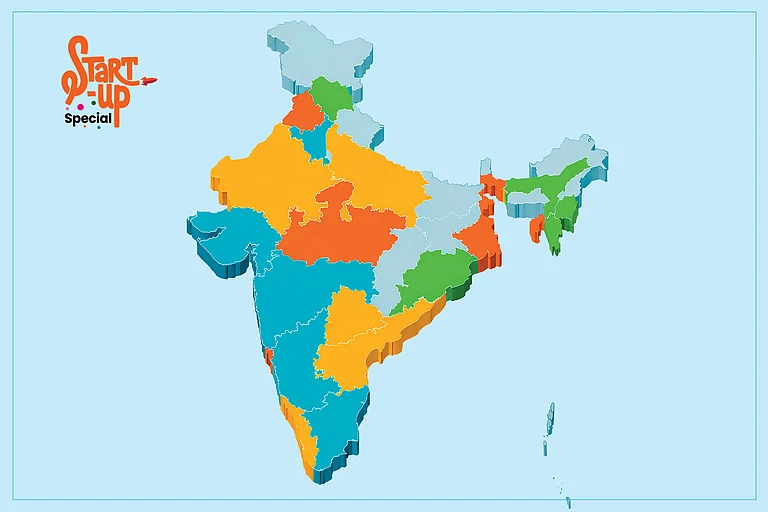India’s CSR is dominated by 200 companies that contribute to 51% of total CSR spend, according to a report by Give Grants, adding that Corporate Social Responsibility (CSR) will be the largest stable source of private funding for India’s development needs in the coming decade at ₹1.2 lakh crore.
Two-thirds of the leading companies surveyed now concentrate on four or fewer thematic areas. Education (34%), health (27%) dominate among the top 200. The use of corporate foundations (39%) and direct execution (31%) signal deeper internal alignment and control among the top 200 companies.
“CSR in India has evolved remarkably over the past decade. The next phase will be about bold choices, directing funds where they are needed most, taking risks to innovate, and working together across sectors to drive large-scale change. dus spoke India Inc 2025 lays out both our achievements and our unfinished agenda," Sumit Tayal, CEO of Give Grants, said.
The report stated that 87% of CSR leaders cited employee engagement as a significant driver, 74% linked it to community goodwill and 64% reported a positive shift in customer perception. CSR is no longer peripheral, it is becoming a component of business strategy. Top companies are beginning to lead with scale and consistency, setting standards for governance, measurement and execution quality.
Disparity in Fund Allocation
CSR is a high-growth and highly stable pool of private capital for social impact — projected to exceed INR 1.2 lakh crore by FY35.
Eight states account for over half of total CSR spend across all companies. The report highlighted that the geographical disparity persists in how funds are deployed. Funds remain concentrated in a few industrialised states such as Maharashtra (15%), Karnataka (9%), Gujarat (8%) and Delhi (5%).
Low-income states, including much of the North East, Bihar (less than 1%) and Uttar Pradesh (around 4%) are left underfunded despite high poverty and weak SDG outcomes, only because fewer companies operate there.
Offering a roadmap for the future, the report brings together perspectives from 47 CSR leaders and 78 nonprofit heads, with a detailed analysis of CSR data from India’s top 200 companies. As the report noted, in the absence of intentional connection, CSR risks reinforcing regional inequalities rather than addressing them.
The participating CSR leaders collectively manage over Rs 6,800 crore in CSR funds annually, according to a press release. It explores how CSR has evolved from compliance-driven philanthropy to a potential catalyst for systemic change — and what will be needed for it to fully realise that potential.

































